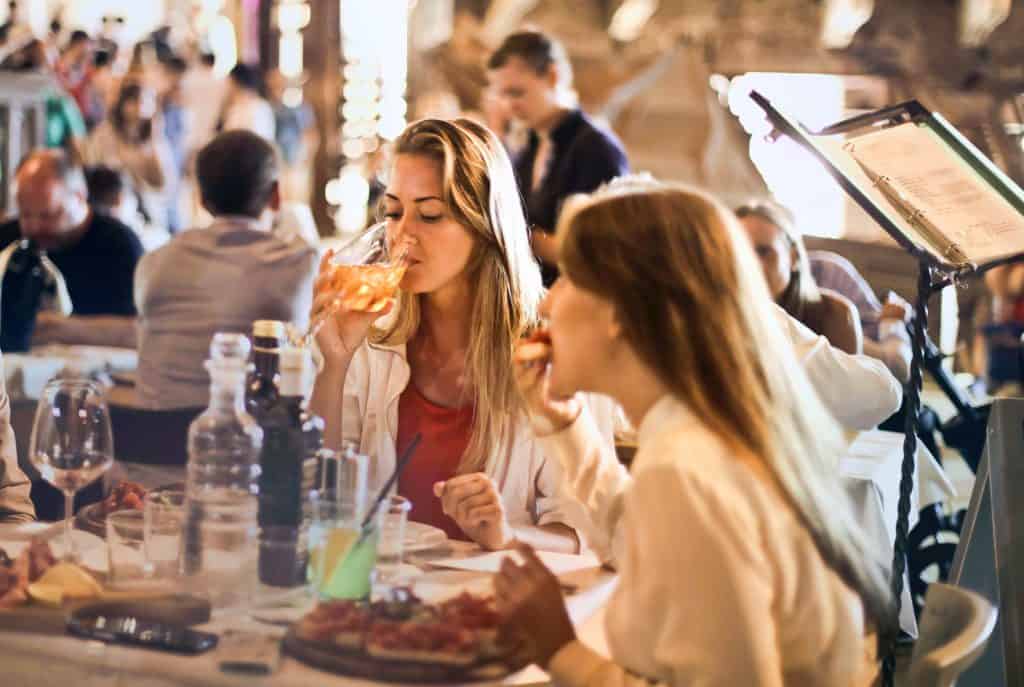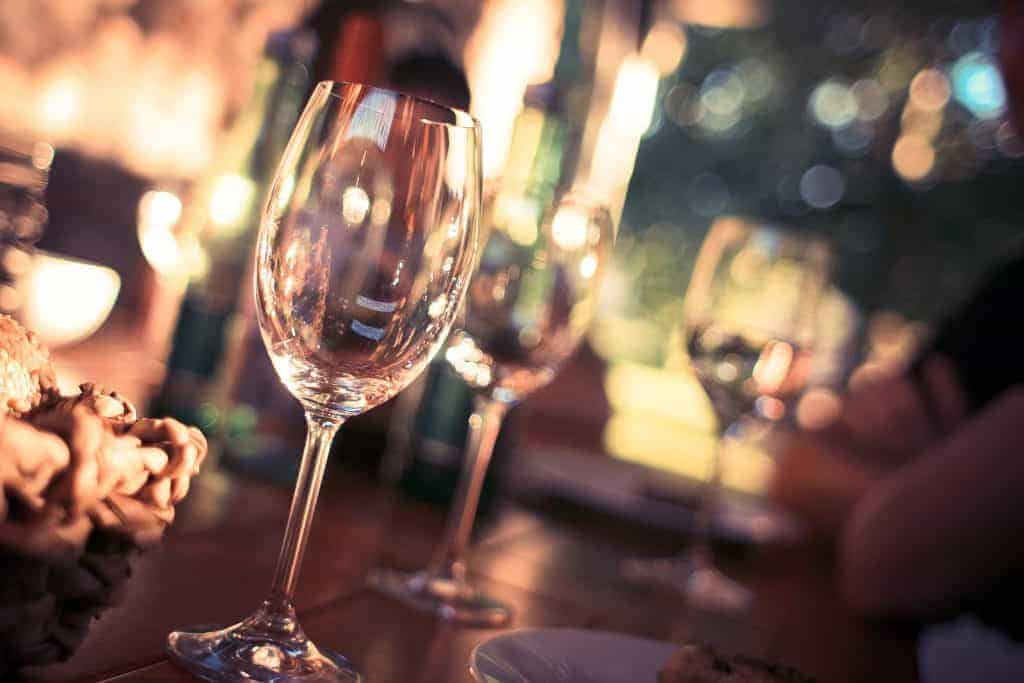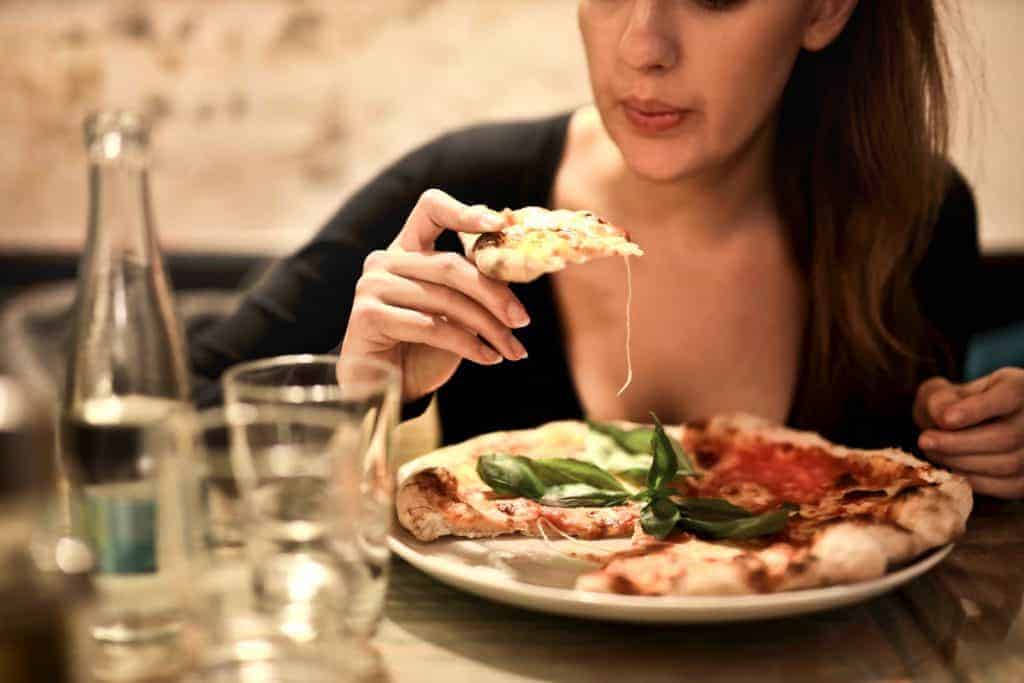What Makes a Food and Wine Tour a Good Value?
When it comes to food and wine tours, value is about more than just price
There are many benefits to specialty guided travel. From saving travelers time and stress to connecting them to exclusive experiences, the advantages of working with a specialist are many — particularly when it comes to the best in food and wine.
One question every traveler has, however, when considering a food and wine tour is, “Is it a good value?” If you’re asking yourself this, the answer is a resounding, “Yes!” — if you know what to look for.

What’s included in a food and wine tour?
When determining what makes a guided food and wine tour a good value, don’t focus too much on the specific rate, but instead consider these two key factors: 1. What is included for that rate? and 2. What is the overall quality of the experience?
Food and wine tour pricing can range significantly from one tour operator to another, so it’s important to do your research. For example, two operators might offer a similar food and wine tour at significantly different rates, but the less expensive tour may not include items like tips, wine with dinner, excursions, or other perks. Because you may have to cover those extra costs on the less expensive tour, the final difference in price might not be as big as it initially seemed. Furthermore, the quality of the accommodations, transportation, and destinations included on the less expensive itinerary might not be as comfortable or well thought out as those offered on the higher-priced tour.
Before you choose a tour operator for your guided food and wine experience, consider what kind of experience you want to have, the level of support and comfort you prefer, and — of course — your overall budget. This will help provide parameters during your search and will assist in narrowing down your choices.

Not all food and wine tours are created equal
The most important thing to consider when selecting a food and wine tour is to identify the type of experience you want to have. Do you want to travel with a large group, or would you prefer a more intimate experience? Do you want to visit the more popular wineries and restaurants, or would you prefer to explore more local, authentic venues?
Travelers interested in food and wine tours often turn to larger tour operators or cruise ships that increasingly market food and wine experiences on their traditional itineraries. Often these tours are priced aggressively, offer many dates and options, and provide comfort knowing it’s a larger company. However, it’s important to fully understand what you’re getting. For example, you might be getting a well-traveled itinerary that offers a balance of activities, but doesn’t really focus on the food and wine experiences. Also, your total cost might be different than the listed rate. Meals off the ship are typically not included, an additional glass of wine can cost extra, and optional excursions often come at an additional expense. What’s more, larger tour operators and cruise ships by definition accommodate sizable groups, which can limit the wineries, restaurants, or types of activities you can experience.
While there are many advantages to working with a large tour operator or cruise ship, travelers interested in high-quality food and wine tours may actually end up paying more and have less access to the very unique experiences that make a food and wine tour so enjoyable.

What makes a food and wine tour a good value
What makes a food and wine tour a good value?
If you’re looking to experience more than just the typical tourist attractions, a specialty food and wine tour operator often can connect you to people, places, and activities you might not have access to otherwise.
These boutique tour operators cultivate close relationships with local experts and guides who can connect travelers to unique experiences like behind-the-scenes winery tours, hands-on cooking classes, and exclusive meet and greets with Michelin-star chefs. When these experiences are taken into consideration, a higher price suddenly becomes a great value.
Additionally, specialty food and wine tour operators typically limit the size of the groups they travel with, providing guests with a more intimate experience. When a group is smaller, experiences are less likely to be limited due to group size, and meaningful connections between travelers are more easily forged.

Choosing the food and wine tour that’s right for you
What one traveler may consider to be a great value, another may not. Ultimately, it is up to each traveler to determine what type of food and wine tour experience they want to have, and what they’re willing to pay for that experience.
Before you book a food and wine tour, know exactly what type of experience you want to have and what your budget is. Bigger tour operators often feature FAQ pages on their websites where travelers can find answers to many common questions, and smaller tour operators typically can be reached directly by phone or email. Reaching out to a tour operator with your questions in advance of reserving is a great way to get a feel for the company. How quickly were you able to connect with a representative? Did they answer your question? Were they patient and courteous?
Do your research, get informed, know your budget, and follow your intuition. Specialty guided travel is all about the experience — and that experience is one that starts long before you pack your bags.
